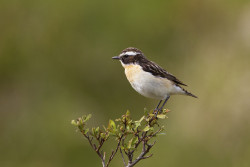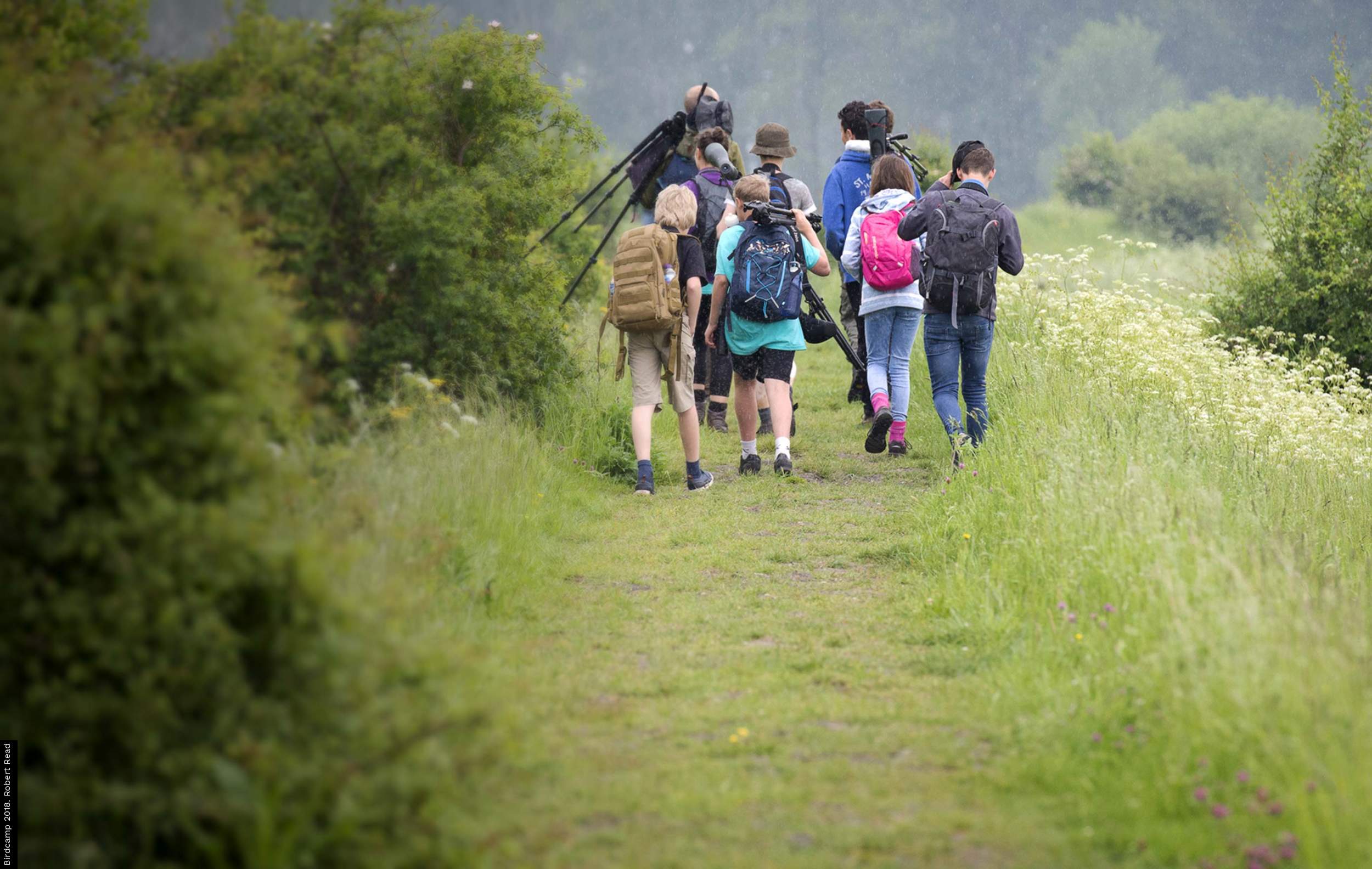BTO-SOC Scottish Birdwatchers' Conference 2021

- Presenter
- Chris Wernham, Ben Darvill
- Date
- Saturday, March 27, 2021 - 15:00 to Saturday, April 3, 2021 - 15:00
- Places
- Fully booked
In lieu of the usual BTO/SOC spring conference we're holding a virtual event using Zoom. The conference will run over two sessions, Sat 27th March and Sat 3rd April, both 3-5pm. There will also be an an optional mid-week evening quiz.
The speakers and topics are outlined below. We hope you'll agree that it's shaping up to be an excellent event:
Saturday 27th March - 3-5pm
- Prof. Rhys Green - the impact of lead poisoning on birds
Over one hundred years since Alexander Wetmore documented the hazard to birds from toxic lead ammunition, it is still a problem. Why is that? This talk explores the nature of the problem and why a switch to non-toxic, non-lead ammunition has not yet happened.
- Dr John Bowler - 20 years of birding on Tiree
The talk will explore key aspects of the nationally important birdlife of the Inner Hebridean island of Tiree by habitat, ranging from breeding corncrakes and waders on its well-managed grasslands, wintering wildfowl on its shallow machair lochs, breeding seabirds and wintering waders along its coasts, to sea-watching from its headlands and searching for rare migrant land-birds in its sheltered gardens.
- Dr Alison MacLennan - Common Scoter conservation in Scotland
Over the last thirty years Common Scoters have become our rarest native breeding duck in the UK as the population has become fragemented and their range has contracted. This talk looks at some of the investigations undertaken to unravel the causes of decline and the measures that are being trialled to tackle the situation.
Saturday 3rd April - 3-5pm
- Prof. Juliet Vickery (BTO CEO) - how science underpins international conservation
Science plays a vital role in conserving threatened species and sites around the world, by first understanding key threats and then underpinning the development and testing of solutions. Juliet will outline the nature of the science required to stem species declines and habitat loss using case studies from her 11 years at RSPB, ranging from seabirds in the waters surrounding UK overseas territories to forest birds in tropical west Africa.
- Dr Chris Hewson - tracking migratory birds to understand population declines
Many migratory birds have undergone large population declines in recent decades, whilst others have increased. Population trends differ according to the broad areas where species spend the winter, but the reasons for this are not always clear. This talk will explain how recent advances in tracking technology - including the miniaturisation of light-level geoloctors - have allowed us to track migrants for the first time, including two of our smallest migrants (Wood Warbler and Spotted Flycatcher). Together with a new tracking propject in Scotland, this will help us to understand the causes of their population declines, including whether differences in trends within the UK could be due to differences in migratory behaviour.
- Mark Lewis - patch birding, sound recording and 'nocmig'
Mark thought he knew about birds, especially those on his local patch. He has concerned himself with finding, identifying and documenting birds at Girdle Ness for over 12 years. However, after taking up sound recording about five years ago, he realised that he barely knew anything about anything! Sound recording, and the desire to record new sounds, has opened Mark's eyes and ears to aspects of bird behaviour, site use and occurrence at Girdle Ness that had been under his nose all along...
The cost to join both sessions is just £5. We really hope that you will be able to join us. Places are limited, so book early to avoid disappointment!
We will be hosting the event using 'Zoom'. This is very easy to use and we will provide full instructions by email prior to the event. To participate you will need:
- broadband of sufficient speed to view live video
- a computer with sound, or a tablet/smartphone



Share this page